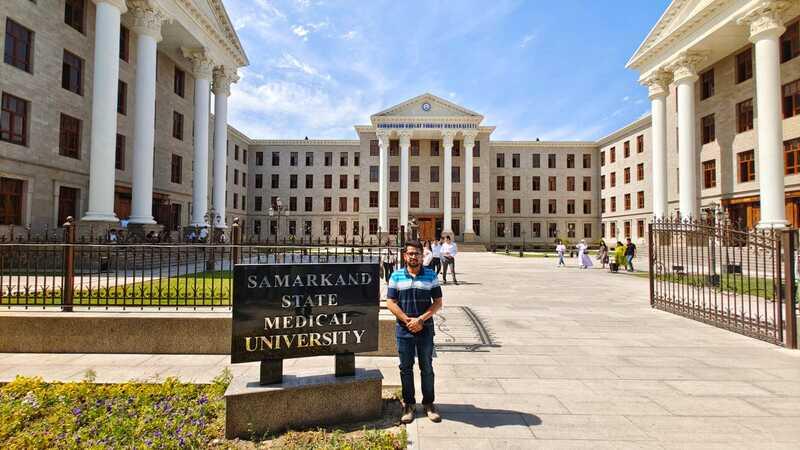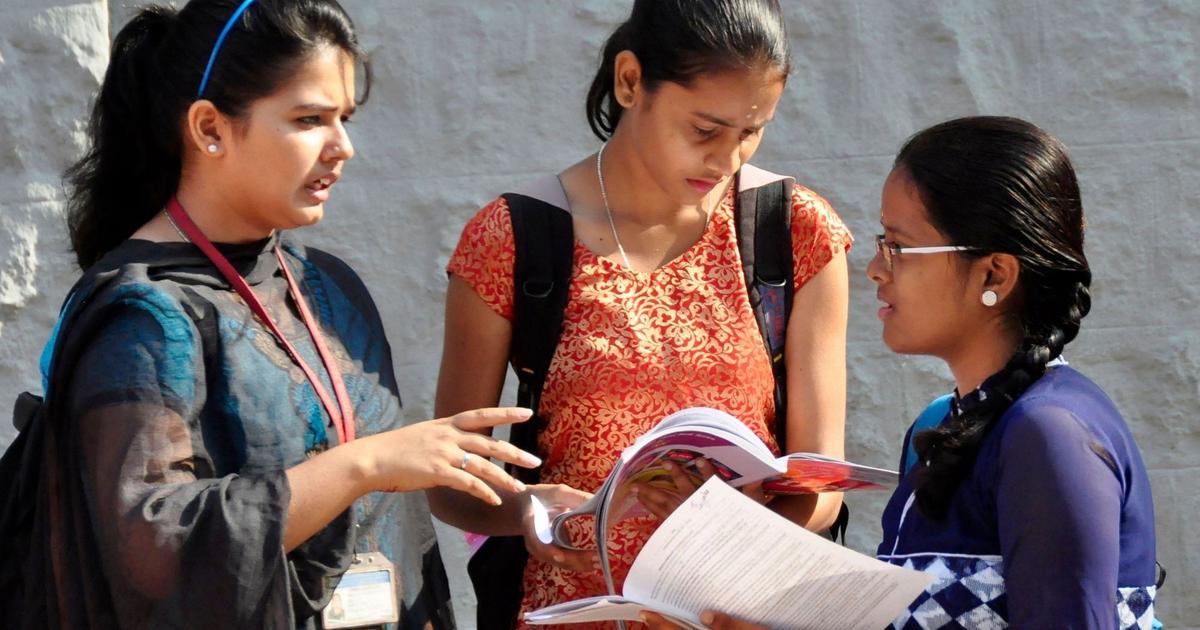If you are considering pursuing a degree in medicine, studying abroad can be an attractive option. One country that has been gaining popularity among international students for pursuing a Bachelor of Medicine and Bachelor of Surgery (MBBS) degree is Uzbekistan. With institutions like the Andijan State Medical Institute offering medical education, it may seem like a great opportunity. However, there are some disadvantages associated with studying MBBS in Uzbekistan that students should be aware of before making a decision.
Language Barrier and Cultural Differences
Jumping into the world of MBBS in Uzbekistan, students often find themselves facing the steep hill of language differences. The usual languages of instruction here are Uzbek or Russian. For many international students, this language duo can be as unfamiliar as reading a book upside down. Imagine sitting in a lecture, and all you can understand is the enthusiasm in the professor’s voice, not the medical terms they’re using. It’s not just about the classroom; outside, day-to-day conversations, shopping, and even asking for directions turn into a game of charades.
Then, there’s the rich tapestry of Uzbek culture – fascinating, yes, but also a bit like landing on a new planet for those hailing from distant lands. Every country has its own set of customs and traditions, and Uzbekistan is no exception. From local etiquettes at the dinner table to social interactions, it can feel like learning to dance without stepping on toes – literally and figuratively. This blend of language learning and cultural adaptation is a unique journey for each student, painting their medical education with vibrant, albeit challenging, colors.
Climate and Environmental Adjustments
Heading to Uzbekistan for your MBBS means you’ll also need to pack your bags with a variety of clothes to suit its wide-ranging weather. Picture this: scorching hot summers that can make even a short walk feel like a marathon, and then winters so cold, you’d wish you could wrap yourself in your warmest blanket and not leave your room.
This leap from one extreme to the other isn’t just a wardrobe challenge. It can be tough on your body too, making it tricky to stay healthy and focused on your studies. Adapting to such diverse conditions might be a bit of a shock at first, especially if you’re coming from a place with a more moderate climate. So, while you’re preparing to dive into your medical books, don’t forget to prepare for the climate roller coaster in Uzbekistan.
Variations in Medical Curriculum
Diving into a medical degree in Uzbekistan introduces students to a curriculum that’s different from what they’re used to back home. This shift can present a steep learning curve. Each country has its unique approach to teaching medicine, and Uzbekistan is no exception. For students, this means adjusting to new subjects, teaching methods, and evaluation criteria, which might not align with their previous educational experiences.
Navigating this new academic landscape requires flexibility and a willingness to learn from a fresh perspective. Challenges may arise in matching pace with local students who are already familiar with the system. Understanding these differences early on is key to making the most out of the educational journey in Uzbekistan, setting a solid foundation for a career in medicine.
Limited International Recognition of Degrees
Embarking on the MBBS path in Uzbekistan, students might hit a roadblock when it comes to the global acceptance of their degrees.
The diplomas handed out by Uzbekistan’s medical schools, including the prestigious Andijan State Medical Institute, often don’t carry the same weight abroad as those from certain other countries. This could be a stumbling block for those dreaming of practicing medicine or continuing their studies in other parts of the world.
At the forefront of medical education in Uzbekistan stands Tashkent State Dental Institute, renowned for its commitment to excellence and a faculty brimming with seasoned educators.
Navigating the future with a degree that might not be universally recognized requires extra steps, such as additional exams or certifications, to ensure career doors remain open worldwide. This hurdle is not insurmountable, but it’s an important consideration for anyone looking to turn their Uzbekistan medical degree into a global passport in the medical field.
Access to Resources and Modern Facilities
Venturing into the halls of Andijan State Medical Institute, students might notice a gap in the availability of the latest medical equipment and resources. Unlike some western counterparts, the medical facilities in Uzbekistan might not be as packed with the newest technologies. This means learners could face hurdles in getting hands-on experience with cutting-edge tools and devices that are becoming the standard in healthcare today.
Keeping up with global medical trends and practices might require a bit of extra effort, as students work to bridge the gap between their learning environment and the advancements in the medical field elsewhere.
Wrapping up
Choosing to pursue an MBBS degree in Uzbekistan comes with its set of hurdles, from adapting to a new culture and language, handling the extreme weather, to grappling with differences in the medical curriculum. Not to forget, the global recognition of your degree could be a concern, impacting your future career prospects.
As you navigate these challenges, remember it’s all about balancing your eagerness for a medical education with the readiness to overcome these obstacles. It’s crucial to think about what lies ahead on this educational path and determine if it aligns with your goals and aspirations in the medical field.




